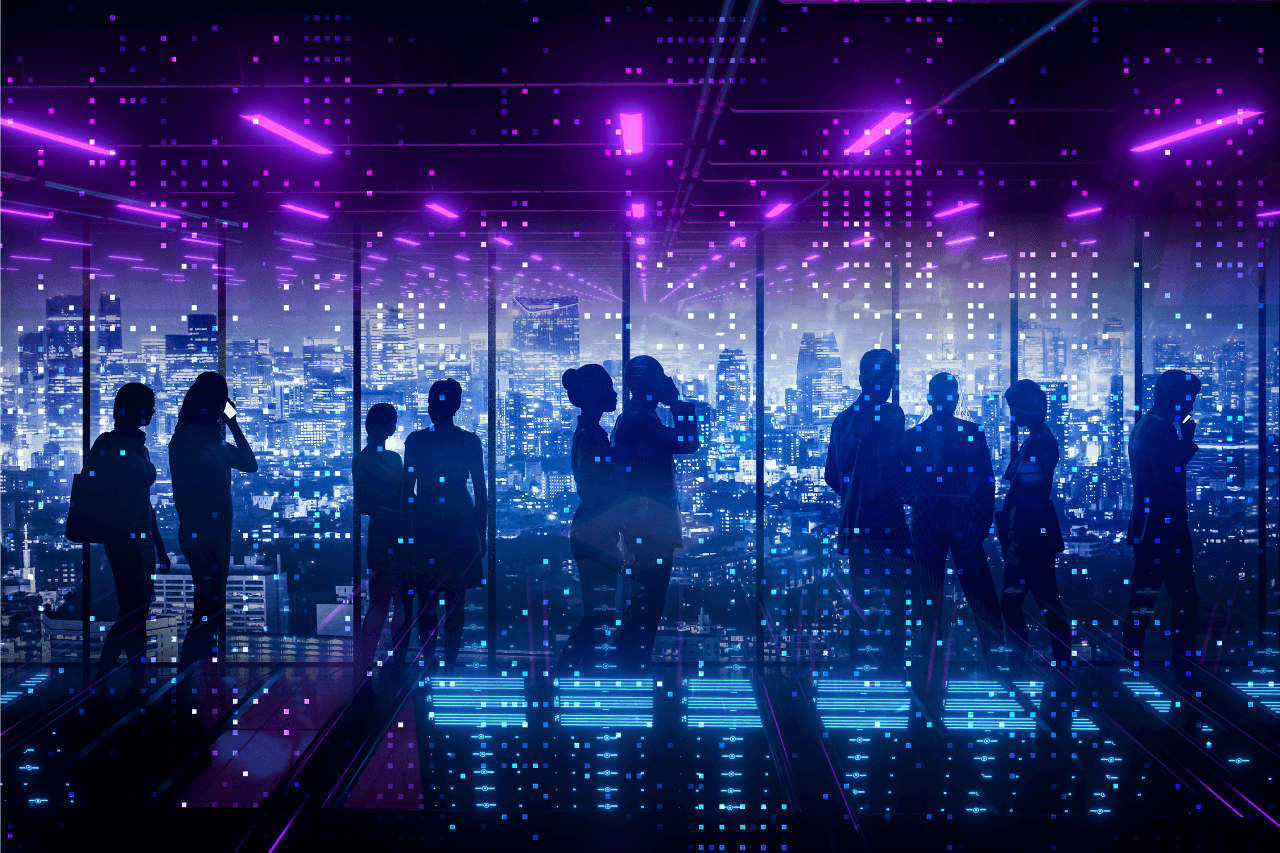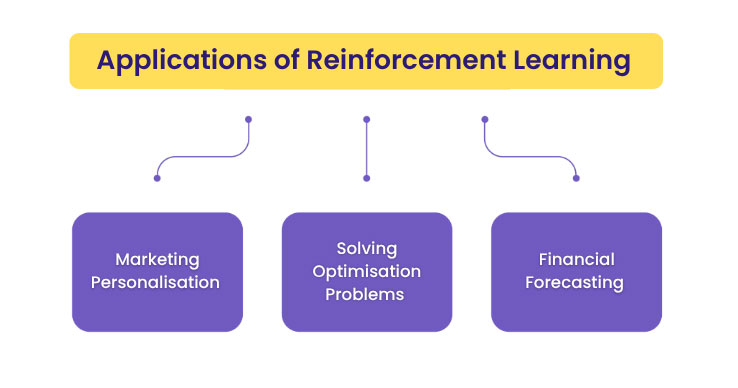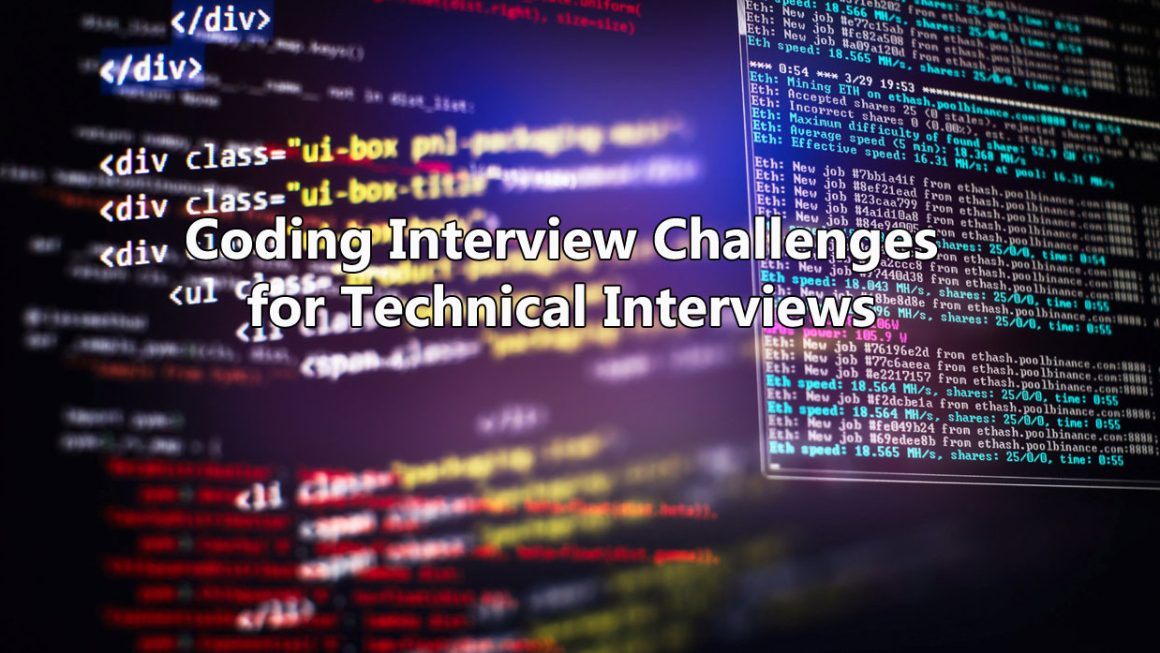How AI has evolved in the past 10 years and what is the future of AI?
Artificial Intelligence (AI) has made great strides in the past decade and is now more sophisticated and accessible than ever before. Over the last 10 years, AI has been transforming numerous industries and has become increasingly integrated into our daily lives.
One of the most significant advancements in AI over the past decade has been the rapid development of deep learning algorithms, particularly convolutional neural networks (CNNs) and recurrent neural networks (RNNs). These algorithms have allowed for improved image and speech recognition, making AI much more capable in tasks such as computer vision and natural language processing.
You’re reading the article, The Future of AI and Its Impact on The Job Market.
Another area where AI has evolved significantly is in the field of autonomous vehicles. Self-driving cars have become a reality, thanks to advancements in computer vision, machine learning, and sensor technology. Companies such as Tesla, Waymo, and Uber have been investing heavily in this technology, which is expected to have a profound impact on the transportation industry in the near future.
In recent years, AI has also been adopted by numerous businesses, both large and small, to streamline operations and improve efficiency. From virtual assistants like Siri and Alexa to personalized marketing campaigns, AI is being used in a variety of innovative ways to enhance the customer experience.
You’re reading the article, The Future of AI and Its Impact on The Job Market.
Additionally, the development of cloud computing and big data analytics has greatly contributed to the growth of AI in recent years. This has made it possible for companies to store and analyze vast amounts of data, which is crucial in training machine learning algorithms. As a result, AI systems have become more accurate and capable in their decision-making processes.
The evolution of AI has not been without its challenges, however. Concerns over the ethics of AI, such as the potential for biased algorithms and job displacement, have become increasingly prominent in recent years. As a result, there has been a growing push for the responsible development and deployment of AI, which takes these concerns into consideration.
You’re reading the article, The Future of AI and Its Impact on The Job Market.
In conclusion, the last 10 years have been an exciting time for the development of AI, and the future looks even more promising. AI will continue to evolve and transform our world, but it is important to ensure that this technology is developed and used in a responsible and ethical manner.
Future of AI
Artificial Intelligence (AI) has been a game changer for many industries, and its impact on the job market is a topic of much discussion. There are those who believe that AI will lead to significant job loss, while others believe that it will create new job opportunities. The reality is likely to lie somewhere in between.
You’re reading the article, The Future of AI and Its Impact on The Job Market.
The future of Artificial Intelligence (AI) is incredibly exciting and holds great potential for improving our lives in countless ways. Here are some of the key trends and advancements we can expect to see in the near future:
- Wider Adoption: AI is already being used in a variety of industries, but its adoption is expected to increase significantly in the coming years. This will bring about new and innovative use cases, as well as improvements in existing applications.
- Human-AI Collaboration: The future of AI is not about replacing humans, but rather augmenting their abilities. AI systems will work alongside humans, enhancing their capabilities and making them more productive.
- Advancements in Natural Language Processing: AI systems will continue to improve their ability to understand and respond to human language, making human-AI interactions more natural and intuitive.
- Increased Autonomy: AI systems will become increasingly autonomous, with the ability to make decisions and act on their own. This will lead to the development of new AI-powered products and services, as well as improvements in existing ones.
- Improved Explainability and Trust: One of the challenges of AI is ensuring that its decisions are transparent and trustworthy. In the future, we can expect to see AI systems that are more explainable, allowing us to better understand how they make decisions.
- Integration with the Internet of Things: The Internet of Things (IoT) will continue to grow, and AI will play a key role in managing and analyzing the massive amounts of data generated by IoT devices.
- Advancements in Robotics: AI will continue to drive advancements in robotics, leading to the development of more advanced and capable robots that can perform a wider range of tasks.
You’re reading the article, The Future of AI and Its Impact on The Job Market.
Impact of AI on the Job Market
One of the most significant impacts of AI on the job market is the automation of certain tasks. AI systems are able to perform routine tasks, such as data entry and analysis, much faster and more accurately than humans. As a result, many jobs that were previously performed by humans are now being done by machines. This could lead to job loss in certain industries, especially in the short term.
You’re reading the article, The Future of AI and Its Impact on The Job Market.
However, the impact of AI on the job market is not all negative. AI is also creating new job opportunities in fields such as machine learning, data science, and AI development. These jobs require specialized skills and training and are expected to be in high demand in the coming years.
Another factor to consider is the potential for AI to augment existing jobs, rather than replace them entirely. AI systems can help humans perform their jobs more efficiently, freeing up time for other tasks. For example, doctors can use AI to diagnose medical conditions more accurately, and lawyers can use AI to perform legal research more quickly.
The job market is likely to experience significant disruption as AI continues to evolve. It is important for workers to upskill and retrain, in order to stay relevant in an AI-driven job market. This will require investment in education and training, as well as a willingness to adapt to new technologies.
You’re reading the article, The Future of AI and Its Impact on The Job Market.
The impact of AI on the job market will also depend on how it is implemented by businesses and governments. If AI is deployed responsibly, with the aim of augmenting human workers rather than replacing them, its impact on the job market will be less severe. On the other hand, if AI is used to automate jobs without considering the potential consequences, the impact on the job market could be significant.
In conclusion, the future of AI and its impact on the job market is complex and uncertain. While AI will likely lead to job loss in certain industries, it will also create new job opportunities and augment existing jobs. It is important for workers to upskill and retrain, and for businesses and governments to implement AI responsibly, in order to ensure a positive outcome for the job market.
Hope you liked reading the article, The Future of AI and Its Impact on The Job Market. Please share your thoughts in the comments section below.
Article: The Future of AI and Its Impact on The Job Market
Author: Console Flare





